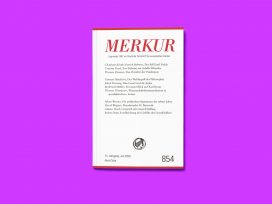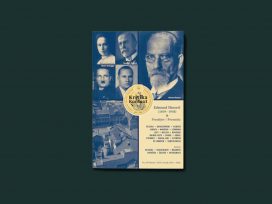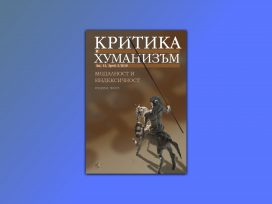Why both sides in Germany’s debate on antisemitism and postcolonialism need to pause and reflect; what Emil Nolde’s sunflowers say about his politics; and the thoughts of a pilgrim to Wagner’s Bayreuth.
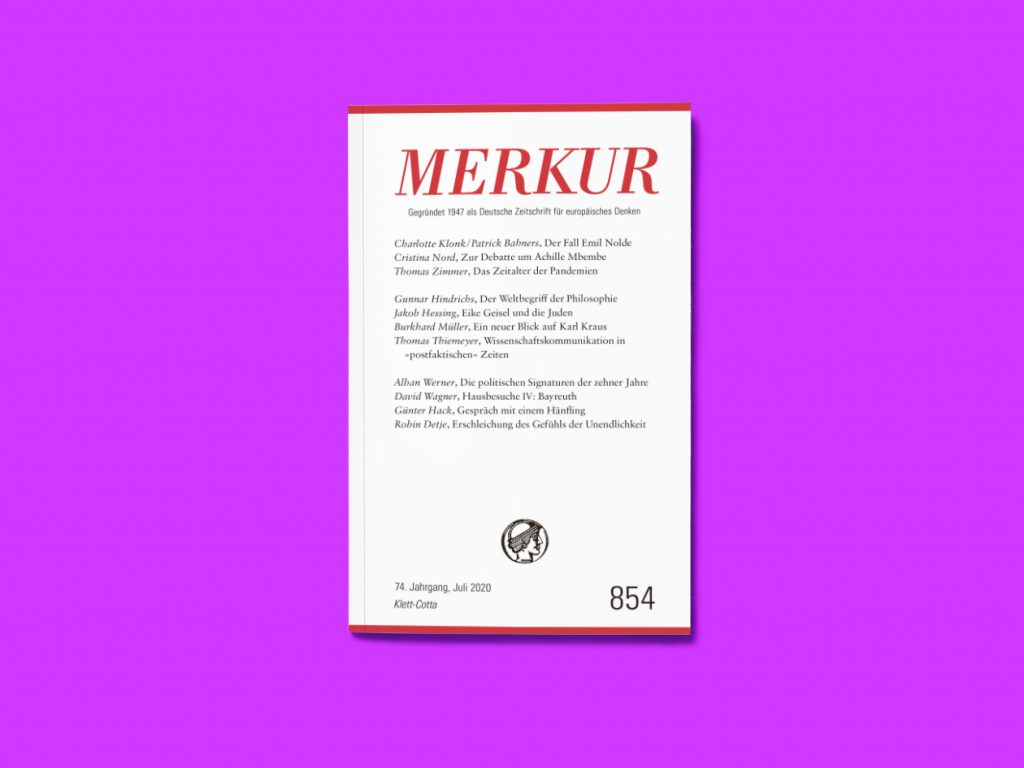
In Merkur, Cristina Nord, head of the Berlinale Forum, admits to having been astonished by the antisemitism accusations. But on closer engagement with the arguments, she felt a conflict between two basic ethical principles: absolute solidarity with the Jewish community and the duty to resist racism. Drawing on her own experience of intercultural project work, particularly of encounters with other memorial approaches to the Holocaust, Nord argues that both sides ‘need to pause and reflect about themselves’.
‘Mbembe would come closer to his project of opposing divisions and the politics of enmity were he to extend it to Israel; were he to learn to understand the country in its complexity. The more harshly the debate around him is conducted, the less the likelihood that this will happen.’
Art history
The Emil Nolde exhibition in Berlin in 2019 has shaken the consensus that despite his antisemitism and NSDAP membership, the painter’s work was essentially unpolitical. Art historian Charlotte Klonk and FAZ editor Patrick Bahners discuss how Nolde’s paradoxical inclusion in the ‘degenerate art’ exhibition of 1938 allowed his reputation to be restored after 1945. Arguing for a fundamental reassessment of his oeuvre, Klonk and Bahners draw attention to parallels between Nolde’s famous sunflower paintings and his biblical paintings, both of which operate a ‘binary scheme of strong and weak, useful and harmful, natural and unnatural’.
Music
David Wagner recounts his visit to the 2019 Wagner festival in Bayreuth. To the sounds of ‘Lohengrin’, ‘Tannhäuser’ and the ‘Meistersänger’, the social spectacle unfolds, as it does every year. Even as a young man, Wagner recalls, he made a pilgrimage to the festival. Just like the Wagnerian heroes in search of the Grail, he aspired to artistic success, social advancement, redemption – all of which seemed to be embodied in Bayreuth.
More articles from Merkur in Eurozine; Merkur’s website
This article is part of the 12/2020 Eurozine review. Click here to subscribe to our weekly newsletter to get updates on reviews and our latest publishing.
Published 6 July 2020
Original in English
First published by Eurozine
Contributed by Merkur © Eurozine
PDF/PRINTNewsletter
Subscribe to know what’s worth thinking about.
Related Articles
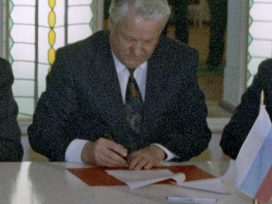
Since the Belavezha Accords were signed in 1991, revanchist politicians and cultural commentators in Russia have lamented the former Soviet Union’s disintegration. Revisiting provocative statements and legislative scheming from the 1990s shows how incremental manoeuvres paved the way for Putin’s colonialist drive disguised as integration.
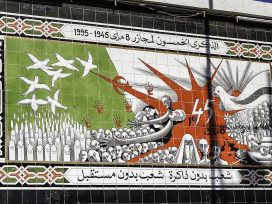
The end of the Second World War was not a single moment defined by victory and defeat. Rather, it was a pluriform and drawn-out process perpetuated by colonial power politics in the Global South.
